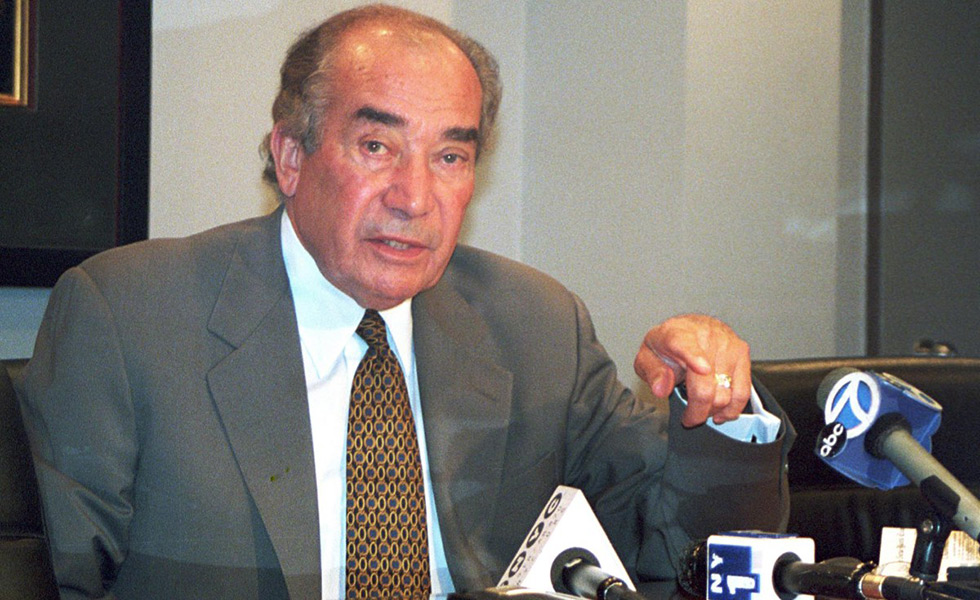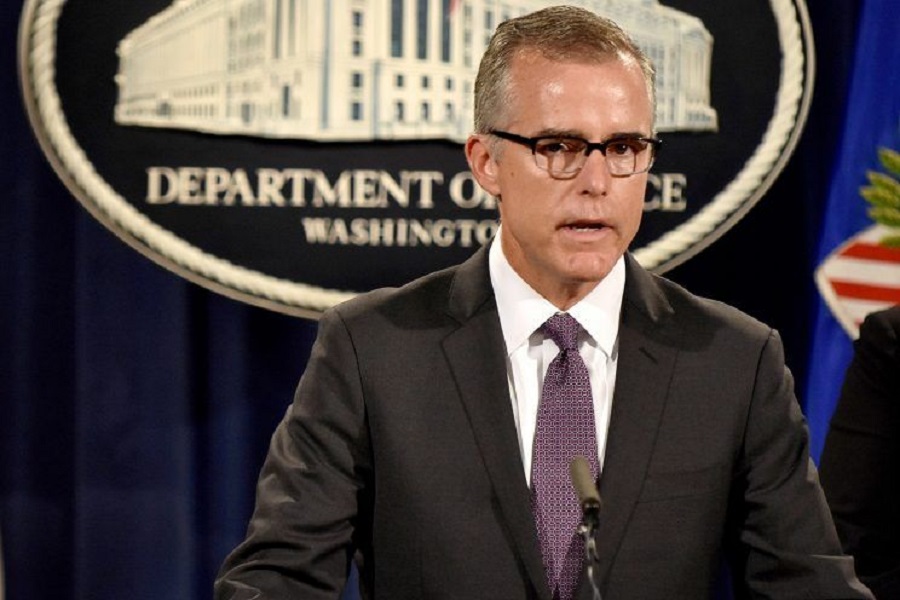Jean-Claude Juncker is the incumbent President of the European Commission. A Luxembourgish, Juncker has previously held the office of Prime Minister (1995 – 2013), the Ministry of Treasury (2009 – 2013), the Ministry of Finance (1989 – 2009) and the Ministry of Work and Employment (1984 – 1999).
Early Life and Education
In the town of Redange, Luxembourg, on 9 December 1954, Jean-Claude Juncker was born to Luxembourgish parents. He was raised in Belvaux and went to Roman Catholic Secondary School. Then, he joined Lycee Michel Redange for baccalaureate education. In 1979, Juncker completed his Master’s degree in law from the University of Strasbourg.
Besides the formal education, Juncker is proficient in French, German, English and Luxembourgish.
Personal Life

Jean-Claude Juncker is a married man. Christian Frising and Juncker married in 1979. Though they have remained together ever since, they do not have any children.
Career
Jean-Claude Juncker is one of those world leaders who progressed very quickly in national and international politics. As soon as he acquired a law degree, he held the post of Parliamentary Secretary. Five years later, he won a seat in the Chamber of Deputies and was subsequently given a position in Prime Minister’s Cabinet as the Minister for Work and Employment. Unfortunately, Juncker suffered an accident with 1989 elections knocking on the door.
Soon after the 1989 elections, Juncker was appointed as the Minister of Finance. Almost six years later, he succeeded Jacques Santer as the Luxembourgish Prime Minister. In 1999, he left the office of Ministry for Work and Employment to fully focus on Prime Ministership. Subsequently, Juncker also had to leave the Ministry of Finance in 2009 to join Ministry for the Treasury. He remained in the office as a Minister of the Treasury and a Prime Minister of Luxembourg until 4 December 2013.
Juncker significantly contributed in the making of today’s Luxembourg. First assuming the office of Prime Minister on 20 January 1995, Juncker looked forward to improving international bilateral ties. He visited Ireland’s capital, Dublin, and also held successful mediation of economic issues between France and Germany. Consequently, he won the 1999 election.
In 2012, Jean-Claude Juncker was caught up in a scandalous abuse of authority. According to the reports, the State Intelligence Service (SREL) held several covert international operations, illegally tapped phones, bugged politicians and misused taxpayers’ money. Although Prime Minister Juncker had to be held accountable for these SREL activities, he tried to escape involvement. This led to Juncker’s resignation and re-election in Luxembourg. Xavier Bettel succeeded Jean-Claude Juncker on 4 December 2013.
After completely retiring from the Luxembourgish politics, Juncker was appointed as the President of the European Commission and formally assumed the office on 1 November 2014. Despite pervasive criticisms, Juncker was nominated to the European Council for the next president of European Commission. Except for British PM David Cameron and Hungarian PM Viktor Orban, all other EU members voted in favor of Juncker. Likewise, the Members of the European Parliament appointed Juncker to the post with 422 votes out of 672.
As Juncker was confirmed to become the next President of the European Commission, he was hit by a corruption disclosure. Juncker’s Prime Ministership of almost 18 years supposedly became the aiding agency for tax avoidance. The reports released showed that firms transacting in Luxembourg paid just a fraction of 1% in income tax. Despite such allegations, Juncker wasn’t responsive.
In addition to this controversy, Juncker was also in gossip media during the 2015 EU summit. In a very formal event, Juncker tried to appear informal by cracking some humiliating jokes. For instance, he patted Karl-Heinz Lambertz’s belly and offered Alexis Tsipras his tie. The most talked about moment was when Juncker addressed Hungarian Prime Minister Viktor Orban as a dictator. As a response to these gossips, Juncker’s spokesman said that he is ‘known for his very informal style. I wouldn’t make anything out of this.’
Honors and Awards
- 1985: Knight of the Ordre des Arts et des Lettres (France)
- 1988: Grand Cross of the Order of Merit with Star and Sash (Luxembourg)
- 2002: Grand Officer of the Legion of Honor (France)
- 2003: Heinrich Braun Award
- 2004: Commander of the Order of Polonia Restituta (Poland)
- 2005: Grand Cross of the Portuguese Order of Christ
- 2005: Europeans of the Year
- 2006: Grand Cross of the Order of the Three Stars (Latvia)
- 2006: International Charlemagne Prize of Aachen
- 2009: European Prize for Service Economies
- 2010: Grand Decoration of Honour in Gold with Sash (Austria)
- 2010: Saarland Medal of Merit
- 2013: Grand Cross of the Order of the Redeemer (Greece)
- 2013: Grand Cross of the Federal Order of Merit (Germany)
- 2014: Grand Cross of the Royal Norwegian Order of Merit
- 2014: Grand Cross of the Order of Merit (Italy)
Trump and Juncker

US President Donald Trump and President of the European Commission do not yet have a good relation. In the mid-January, Trump apparently mistook Juncker for another EU official. According to Juncker, Trump spoke to Donald Tusk earlier and mixed the two up.
https://www.youtube.com/watch?v=3XjH8yAT1Uo
Besides, Trump and Juncker have their own strong stance on EU. While Trump called for a break-off from Trans-Atlantic agreements and implied that EU should be broken, Juncker said, “Mr. Trump should also not be indirectly encouraging them to do that. We don’t go around calling on Ohio to pull out of the United States.” Juncker also added that the US President should learn about the values and principles of the EU.




